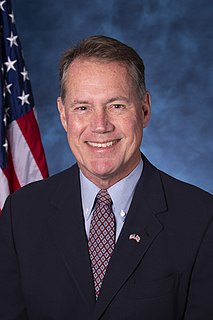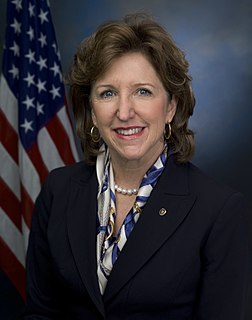A Quote by Ed Case
My own personal, moral, spiritual, religious, etc. beliefs don't oppose same-gender marriage.
Related Quotes
This is something I consider Enlightenment to be - and that is to give intellectual or spiritual understanding and to be free of ignorance, false beliefs or prejudice. Able to honor each person as they walk their own path and not infringe our own personal beliefs onto them but to accept what ever form that carries truth for them
Moral crusade: Public activity undertaken by middle-aged men who are cheating on their wives or diddling little boys. Moral crusades are particularly popular among those seeking power for their own personal pleasure, politicians who can't think of anything useful to do with their mandates, and religious professionals suffering from a personal inability to communicate with their god.
Like the vast majority of Americans, I've opposed same-sex marriage, but I've also opposed unjust discrimination against anyone, for racial or religious reasons, or for sexual preference. Americans are a tolerant, generous, and kind people. We all oppose bigotry and disparagement. But the debate over same-sex marriage is not a debate over tolerance. It is a debate about the purpose of the institution of marriage and it is a debate about activist judges who make up the law rather than interpret the law.
The spiritual differs from the religious in being able to endure isolation. The rank of a spiritual person is proportionate to his strength for enduring isolation, whereas we religious people are constantly in need of 'the others,' the herd. We religious folks die, or despair, if we are not reassured by being in the assembly, of the same opinion as the congregation, and so on. But the Christianity of the New Testament is precisely related to the isolation of the spiritual man.
While I think in principle people should not have irrational beliefs, I should say that as a matter of fact, it is people who hold what I regard as completely irrational beliefs who are among the most effective moral actors in the world, in many respects. They're among the worst, but also among the best, even though the moral beliefs are ostensibly the same.
Our scientific power has outrun our spiritual power. We have guided missiles and misguided men. Our hope for creative living lies in our ability to reestablish the spiritual needs of our lives in personal character and social justice. Without this spiritual and moral reawakening we shall destroy ourselves in the misuse of our own instruments.
Marriage is a unified institution. Marriage means a committed, legally sanctioned relationship between a man and a woman. That's what it means. That's what it means in the revelations. That's what it means in the secular law. You cannot have that marriage coexisting institutionally with something else called same-gender marriage. It simply is a definitional impossibility.
All my life I have made it a rule never to permit a religious man or woman take for granted that his or her religious beliefs deserved more consideration than non-religious beliefs or anti-religious ones. I never agree with that foolish statement that I ought to respect the views of others when I believe them to be wrong.
































